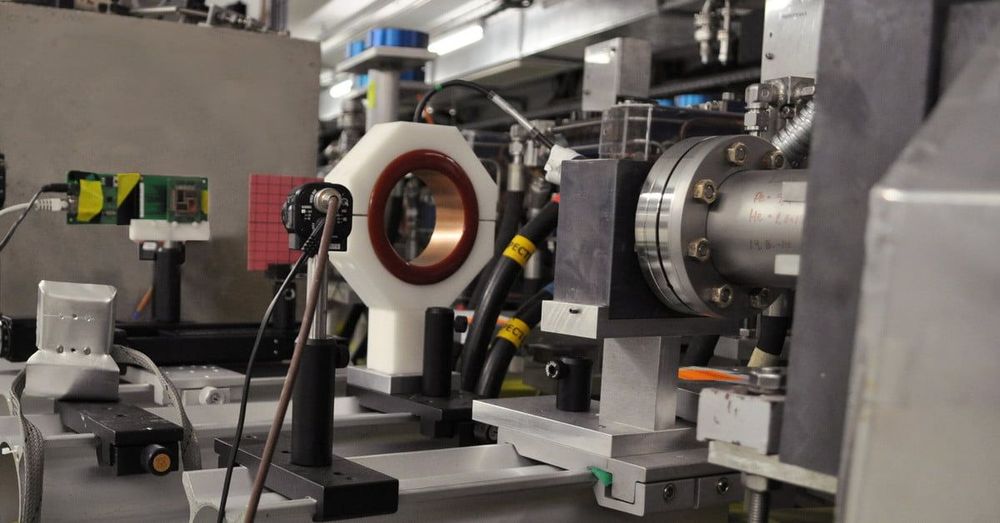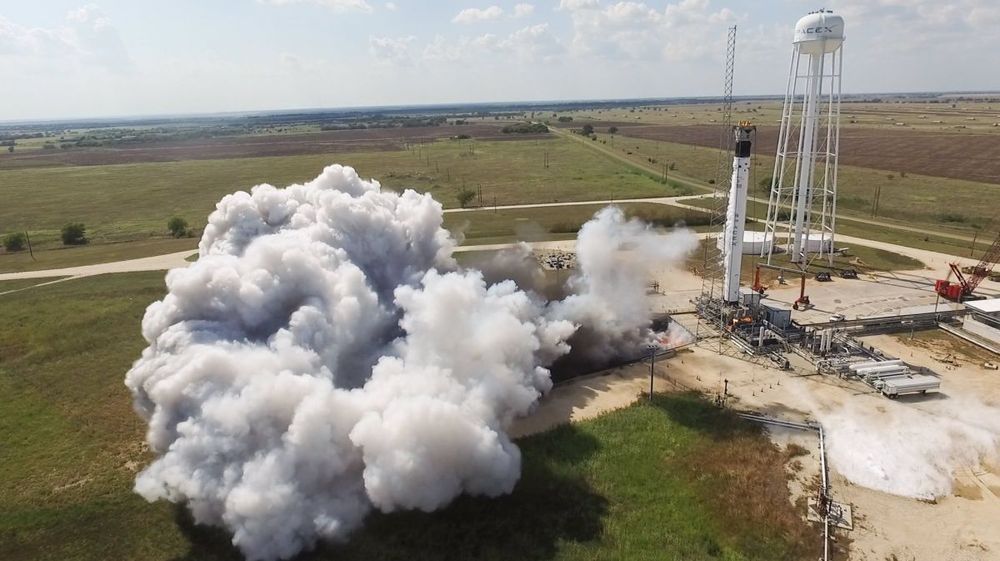The European Organization for Nuclear Research, or CERN, is most famous for its particle collider, but it also has facilities that can test for other high-energy environments similar to those found in space. Now those facilities are being used to test future spacecraft to see if they are radiation-proof.
The European Space Agency (ESA) will launch the Jupiter Icy Moons Explorer, or JUICE, mission in 2022. Before then, ESA scientists wanted to know what kinds of environmental stresses the explorer will be subjected to when it braves Jupiter’s massive magnetic field. The magnetic field has a volume of a million times that of Earth’s magnetosphere, and trapped within the field are energetic charged particles. These particles form radiation belts which bombard visiting craft with high levels of radiation, which can be harmful to electronics.
To see how the JUICE hardware will handle this radiation, the ESA has borrowed the world’s most intense radiation beam — one located at a CERN facility called VESPER (Very energetic Electron facility for Space Planetary Exploration missions in harsh Radiative environments). Now it is working alongside CERN to develop the testing protocol for other future missions too, such as the proposed Ice Giants mission to Neptune and Uranus.









